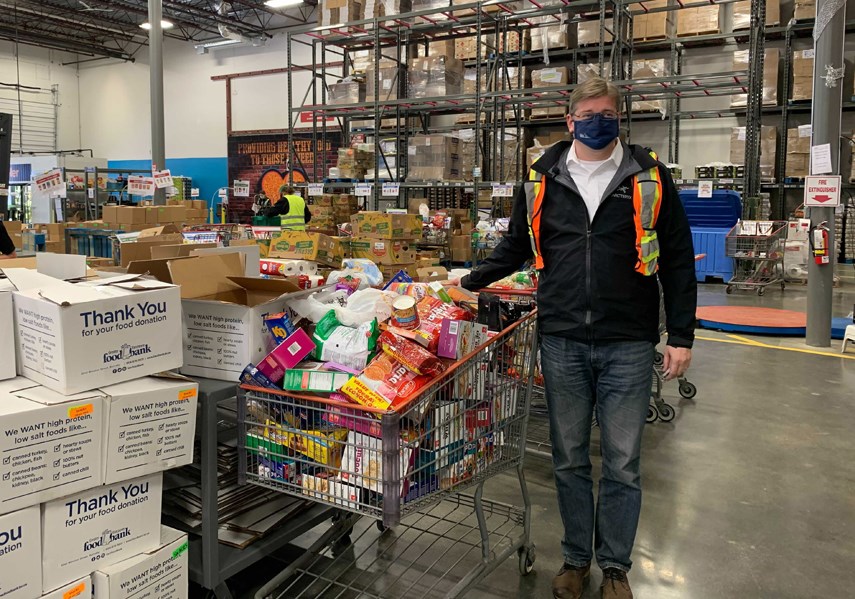More than half of British Columbians say it is becoming less affordable to feed themselves, according to a new survey.
The Ipsos poll, carried out on behalf of the national accounting firm MNP, also found half of B.C. residents are having a hard time saving money and 46 per cent feel transportation is getting increasingly unaffordable.
Another 40 per cent said housing was becoming a financial challenge.
All of the indicators were up between six and nine per cent over MNP’s December 2021 quarterly poll on consumer debt.
“As the cost of living rises, British Columbians are allocating more of their paycheques to paying for basic necessities,” said Linda Paul, a Vancouver-area licensed insolvency trustee with MNP, in a written statement.
“This in turn means there is less of a buffer in their budget to cope with the effects of recent interest rate hikes and any future rate increases.”
The poll comes as consumer insolvencies — when people can’t pay all their bills and debts — rose 14.7 per cent in August. According to Canada’s , consumer insolvencies in B.C. have spiked by more than a third since August 2021, 10 per cent over the Canadian average and the third biggest spike among the provinces.
When it came to businesses, bankruptcies spiked 333 per cent in B.C. between August 2021 and August 2022, the second highest in the country.
In B.C., cautious signs of hope
Not all financial indicators are negative. The number of British Columbians who said they are within $200 of not being able to pay their bills and debts dropped five percentage points to 42 per cent over the last quarter.
Nearly half of B.C. residents, meanwhile, rated their personal debt situation as excellent. That’s a 13 per cent jump over the last survey and higher than any other province in Canada.
And since the last survey, 10 per cent fewer respondents rated their personal debt situation as “terrible.”
At the same time, two in five are still are at risk of insolvency, and the average amount of money a resident of B.C. has at the end of the month after paying their bills has fallen to $753 — a drop of $118 from the last quarter.
Paul says there’s a risk British Columbians have not seen the full impact of higher interest rates and inflation, and could be experiencing a “false sense of optimism.”
Further hikes and rising costs, she says, could drive more people into vulnerable positions.




